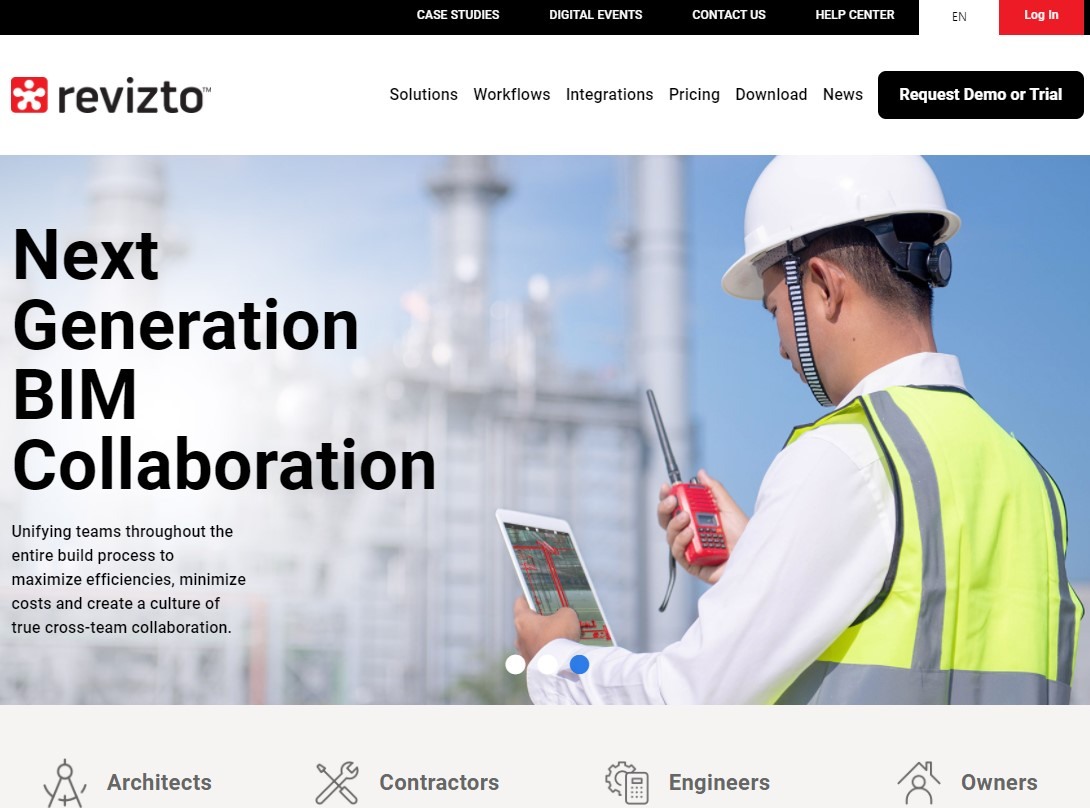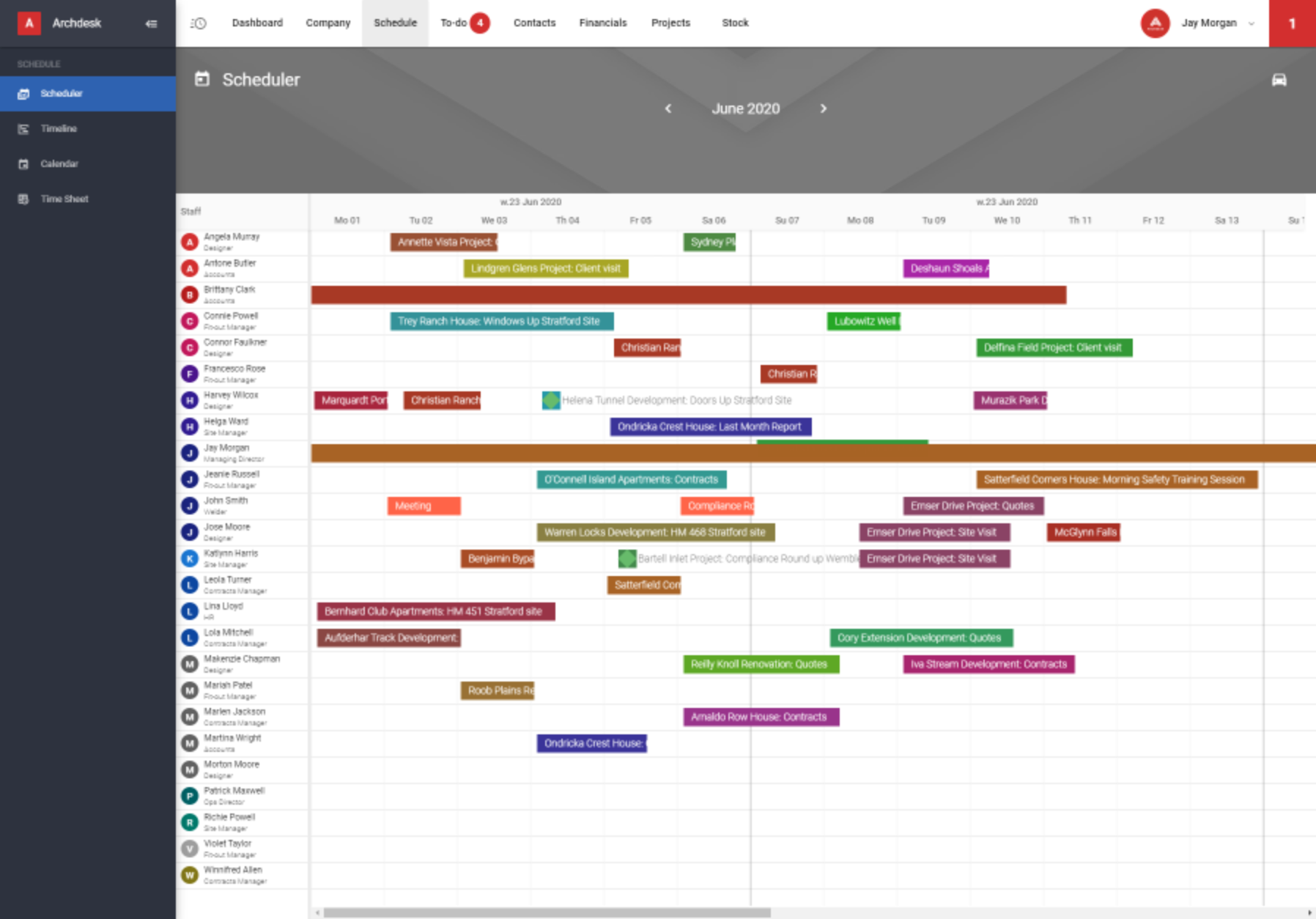Everything About Construction Administration Software Program: Changing Project Efficiency
The introduction of building administration software application notes a substantial pivotal moment in enhancing project efficiency across the industry. By incorporating attributes such as real-time updates, automated scheduling, and thorough coverage, these tools promote enhanced cooperation among stakeholders and enhance workflows. As organizations increasingly take on mobile remedies and advanced innovations like AI and BIM, the capacity for change becomes more pronounced. Understanding the details of these software application options and their implementation methods is vital for maximizing their advantages. What challenges and possibilities lie in advance in this advancing landscape?
Introduction of Construction Administration Software Application
Building monitoring software functions as a necessary tool for improving task workflows and enhancing cooperation amongst stakeholders in the structure industry. This innovation integrates different elements of building tasks, consisting of planning, organizing, source allotment, and budgeting, assisting in a natural method to project administration.
With the intricacy of modern construction projects, depending exclusively on conventional approaches can result in ineffectiveness and miscommunication. Building and construction management software application addresses these obstacles by giving a centralized platform where job supervisors, clients, professionals, and engineers can access real-time details. This accessibility promotes transparency and ensures that all parties are aligned on task objectives and timelines.
Additionally, the software aids in tracking development and recognizing possible concerns prior to they intensify, therefore lessening hold-ups and expense overruns. By automating routine tasks, such as document management and reporting, it permits task groups to concentrate on calculated decision-making rather than administrative tasks. As the building and construction sector remains to advance with technological developments, embracing building and construction administration software application becomes critical for specialists seeking to boost efficiency, enhance interaction, and deliver successful tasks. The fostering of such tools ultimately adds to a much more efficient and effective construction procedure.
Key Functions and Advantages

One more vital attribute is automated organizing, which enhances job timelines and resource appropriation. By automating these procedures, building management software application decreases hands-on mistakes and maximizes workflows, causing prompt job completion. Furthermore, robust coverage and analytics devices give insights right into task efficiency, allowing managers to make enlightened choices based on data-driven analyses.
Expense management functions also play a critical function, helping teams track budget plans and expenses in real time. This capability not just makes certain economic liability but also enables for positive changes, reducing the risk of spending plan overruns. Moreover, mobile access encourages area staffs to accessibility essential information on-site, boosting performance and responsiveness.
Leading Software Solutions Available
What variables should be considered when choosing the very best construction administration software program? First, assess the specific demands of your jobs, including features such as file, budgeting, and organizing management. Consider the size and intricacy of your operations, as bigger companies may need even more extensive remedies. User-friendliness is also critical; software that is instinctive will cause faster adoption amongst employee.
Several leading software program solutions stick out in the building and construction management landscape. Procore is extremely pertained to for its comprehensive attributes, including task security, high quality and monitoring devices, and economic monitoring capabilities. Buildertrend provides a robust platform tailored for residential construction, emphasizing client communication and project tracking. For those seeking a more specialized strategy, CoConstruct combines task management with budgeting and organizing devices especially for personalized home building contractors.
Additionally, PlanGrid beams with its emphasis on mobile gain access to and real-time collaboration, enabling teams to share plans and updates immediately. Autodesk Building Cloud incorporates layout and building and construction information, assisting in better project coordination. Picking the appropriate software program is critical to enhancing task performance, so mindful assessment of these remedies will generate substantial advantages.
Implementation Approaches for Success
Effectively carrying out building and construction management software application needs a critical approach to ensure that all staff member are lined up and that the change is smooth. The initial step is to develop a clear vision and goals for the software program's usage, including all appropriate stakeholders in the preparation process. This partnership cultivates buy-in and assists to recognize specific needs and difficulties.
Next, detailed training is necessary. Providing hands-on sessions tailored to various user roles will certainly improve efficiency and confidence. Continual assistance during the preliminary stages of implementation is crucial to deal with any worries or concerns that may develop.
In addition, it is a good idea to start a phased rollout of the software application, starting with a pilot job. This permits teams to adjust gradually and provides a chance to collect responses for additional refinements prior to major deployment.
Developing metrics to gauge the software application's effect on project efficiency and communication will certainly aid in validating the investment and highlighting locations for improvement. Ultimately, cultivating an open culture that motivates comments and adaptation makes certain the software system advances along with the group's requirements, eventually bring about continual success in building management.
Future Trends in Construction Management Software Application

Furthermore, the surge of mobile applications is changing on-site monitoring, allowing real-time communication and partnership among teams. This pattern not only boosts efficiency yet likewise ensures that job updates are easily obtainable, cultivating transparency.
Additionally, the fostering of Building Information Modeling (BIM) is established to increase, permitting even more detailed job visualization and control. This innovation aids in minimizing mistakes and streamlining process.
Furthermore, sustainability functions are ending up being necessary, as organizations seek to minimize their environmental impact. Software that supports green structure techniques and tracks energy intake will certainly get traction.
Last but not least, the change towards cloud-based services will certainly proceed, supplying boosted safety, scalability, and accessibility. project management software construction. As these fads unfold, building administration software will play an increasingly important role in driving performance and development within the industry
Verdict
Finally, construction administration software application plays an essential function in boosting task performance with structured workflows and improved cooperation among stakeholders. The combination of innovative features such as real-time updates and mobile ease of access assists in reliable communication and reduces errors. As the industry progressively embraces AI, cloud options, and BIM innovation, the continuous development of building and construction monitoring software application is anticipated to support more efficient and lasting structure methods, ultimately transforming the construction landscape right.

Comments on “Home Building Project Plan Software: Simplify Planning and Execution for Builders”